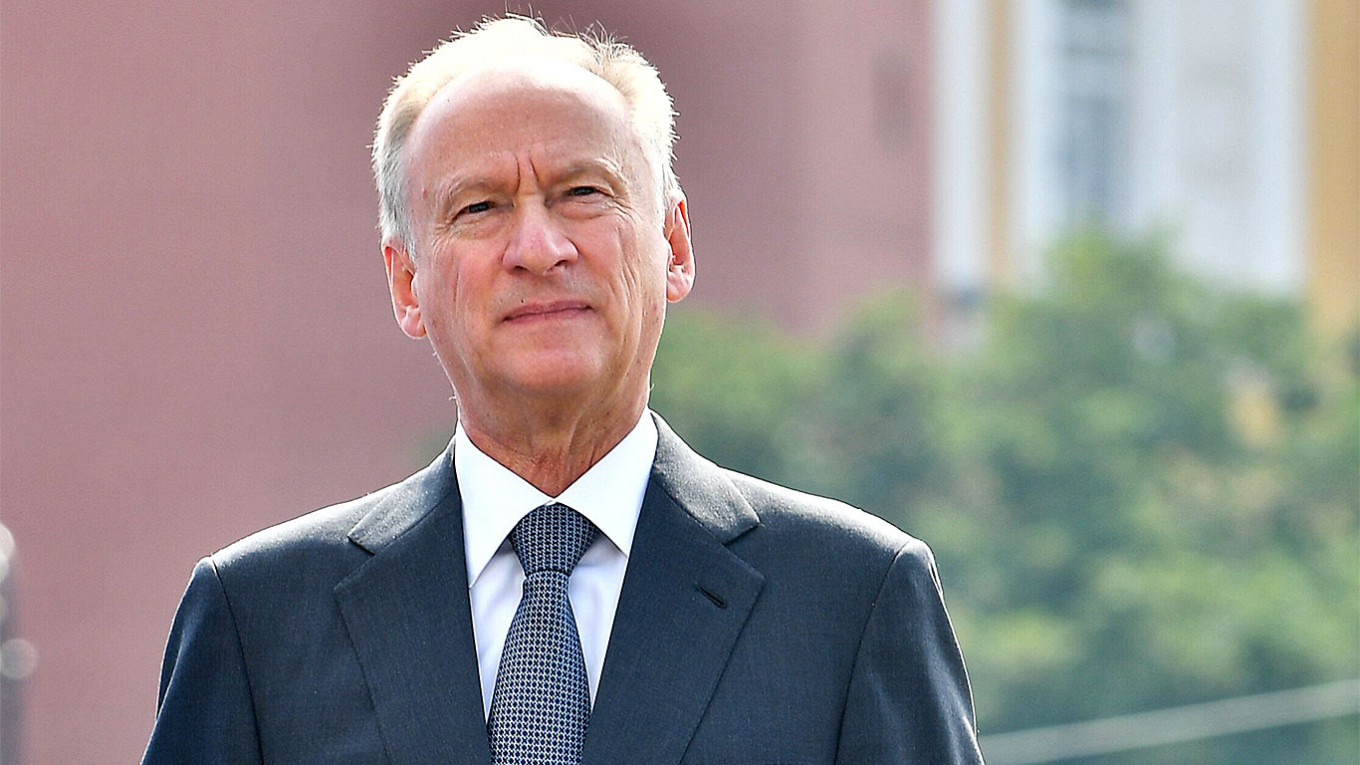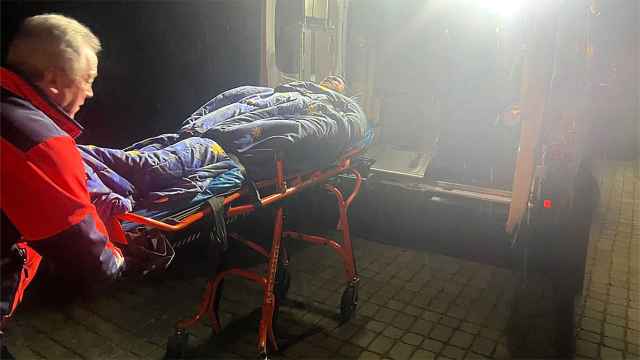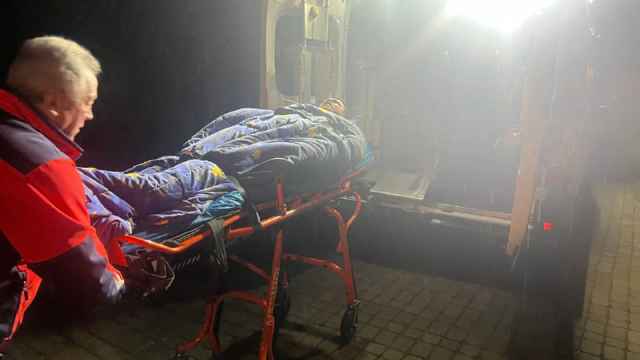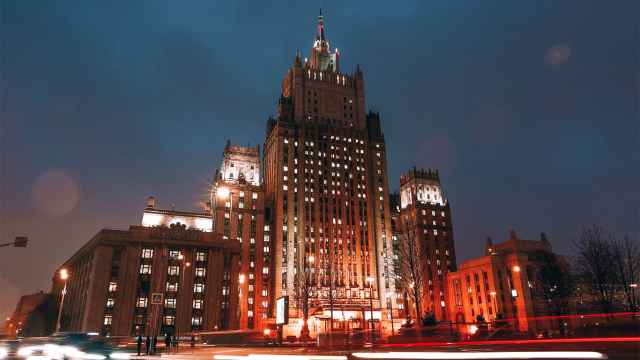Russia’s response to Lithuania’s rail blockade of its exclave Kaliningrad will carry “serious negative consequences” for the Baltic country’s citizens, Russian Security Council chief Nikolai Patrushev said Tuesday.
European Union member Lithuania banned the rail transit of sanctioned Russian goods through its territory on Saturday, enforcing an earlier decision made by the bloc. The move sparked outrage in Moscow as well as a wave of panic-buying in its exclave region surrounded by EU and NATO member states.
“Russia will, of course, respond to hostile actions of this kind,” Patrushev, a close adviser of President Vladimir Putin, said at a security meeting in the Kaliningrad region’s capital of the same name.
“The necessary measures [...] will be introduced shortly. They will have serious negative consequences for residents of Lithuania.”
Patrushev condemned Lithuania’s move as “orchestrated by the West against norms and principles of international law” and said it demonstrated that Russia cannot trust “neither verbal nor written promises made by the West.”
His comments came as Russia’s Foreign Ministry summoned the EU’s ambassador to Moscow to discuss the latest tensions in the Baltics.
At the meeting, Russian diplomats voiced their “strong protest” against “unilateral anti-Russia restrictions” imposed by Lithuania, while EU Ambassador Markus Ederer stressed that a total blockade was “out of the question.”
“Transit for people and goods not affected by sanctions is operating as normal,” the state-run TASS news agency quoted Ederer as saying after the meeting.
“I have asked the Russian side to keep calm and not escalate [the situation] verbally or action-wise and resolve the question diplomatically.”
A Message from The Moscow Times:
Dear readers,
We are facing unprecedented challenges. Russia's Prosecutor General's Office has designated The Moscow Times as an "undesirable" organization, criminalizing our work and putting our staff at risk of prosecution. This follows our earlier unjust labeling as a "foreign agent."
These actions are direct attempts to silence independent journalism in Russia. The authorities claim our work "discredits the decisions of the Russian leadership." We see things differently: we strive to provide accurate, unbiased reporting on Russia.
We, the journalists of The Moscow Times, refuse to be silenced. But to continue our work, we need your help.
Your support, no matter how small, makes a world of difference. If you can, please support us monthly starting from just $2. It's quick to set up, and every contribution makes a significant impact.
By supporting The Moscow Times, you're defending open, independent journalism in the face of repression. Thank you for standing with us.
Remind me later.






